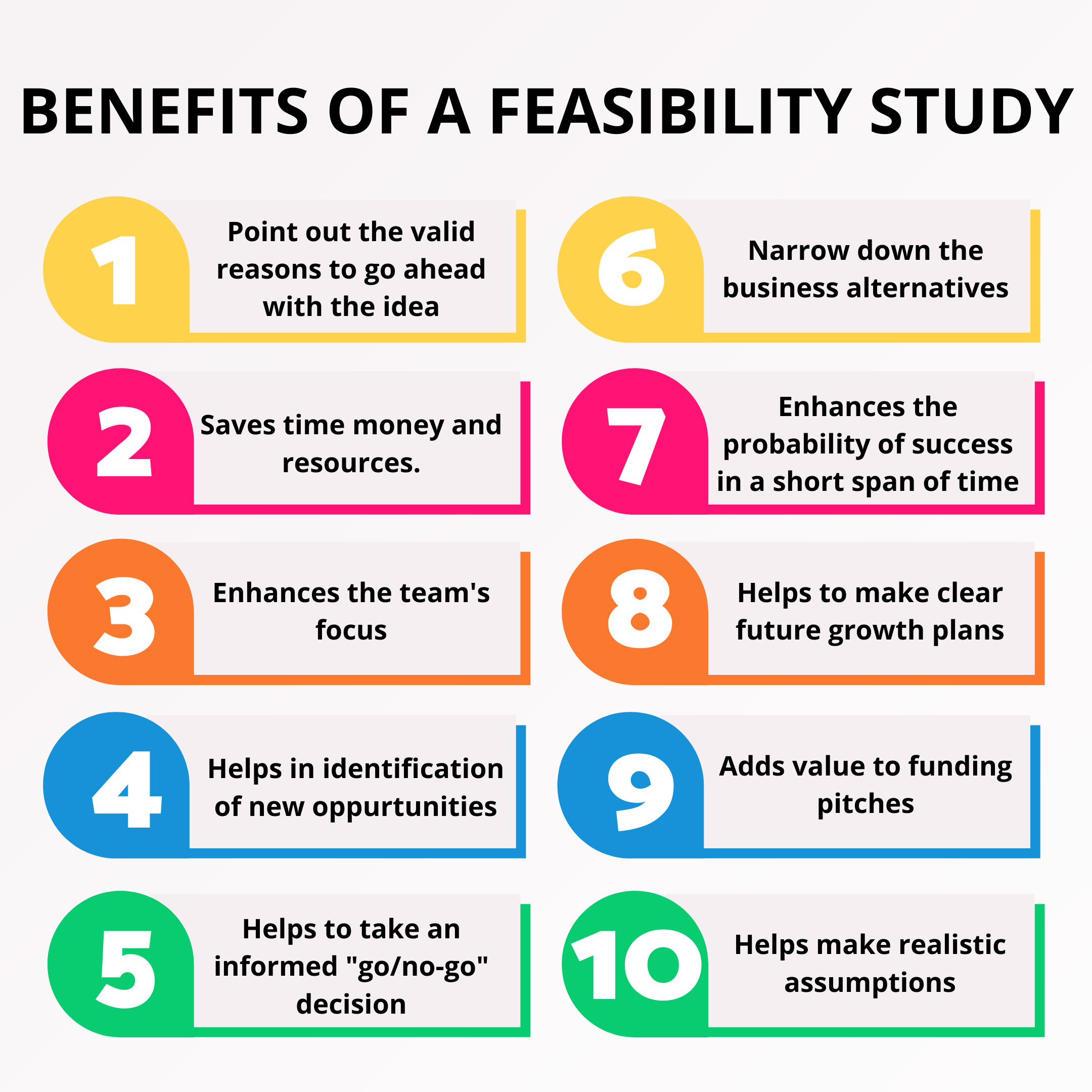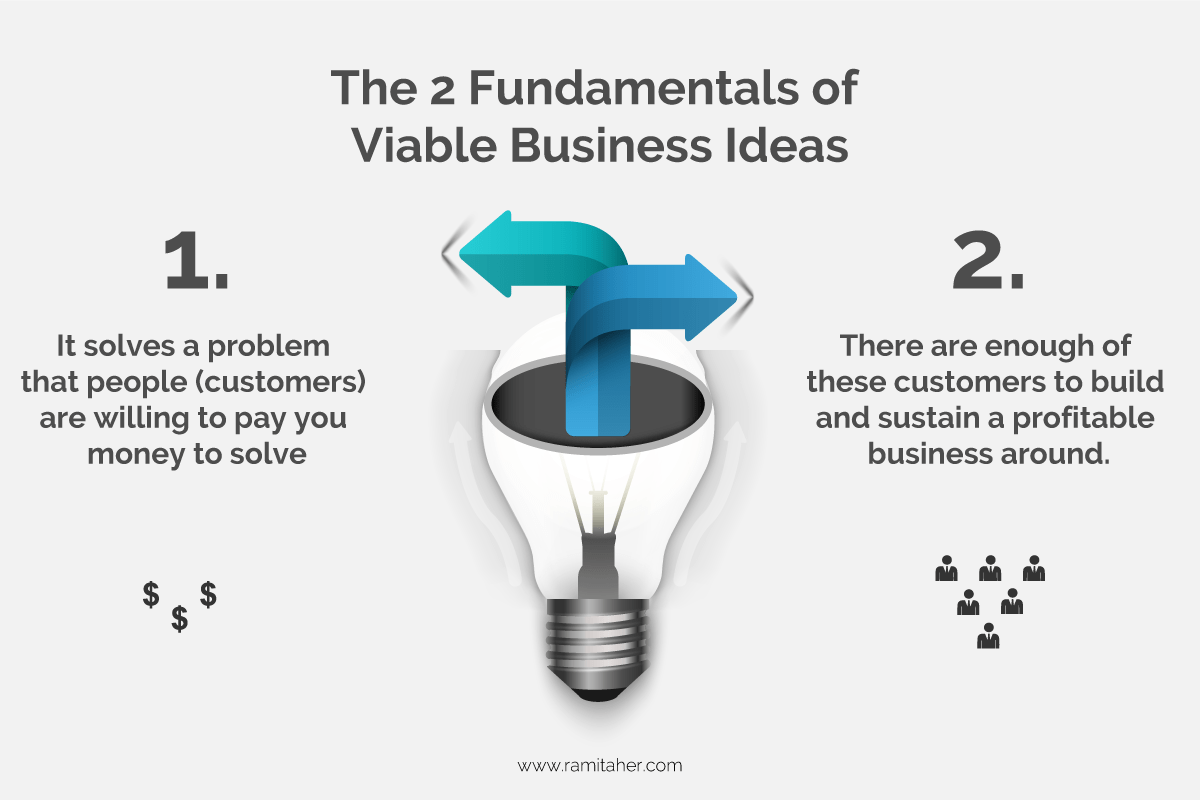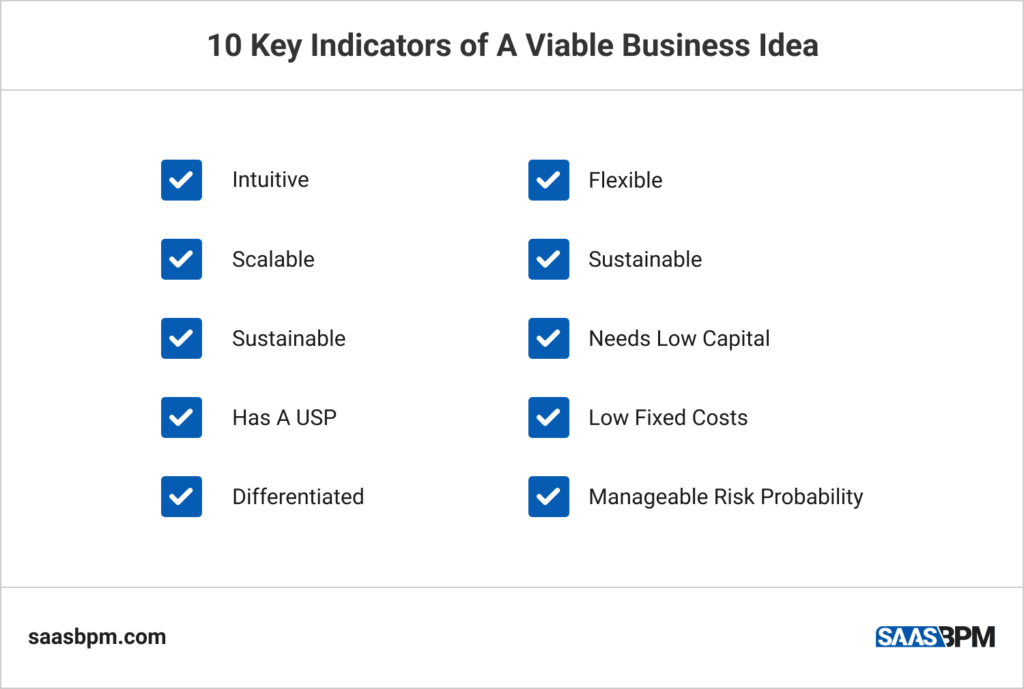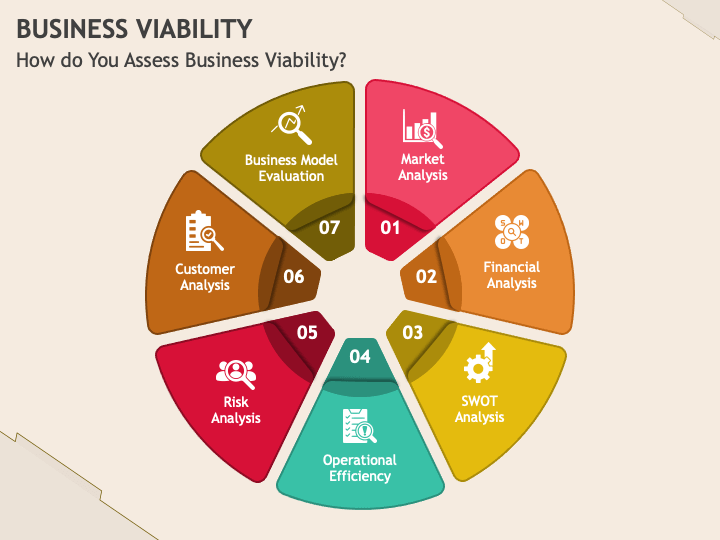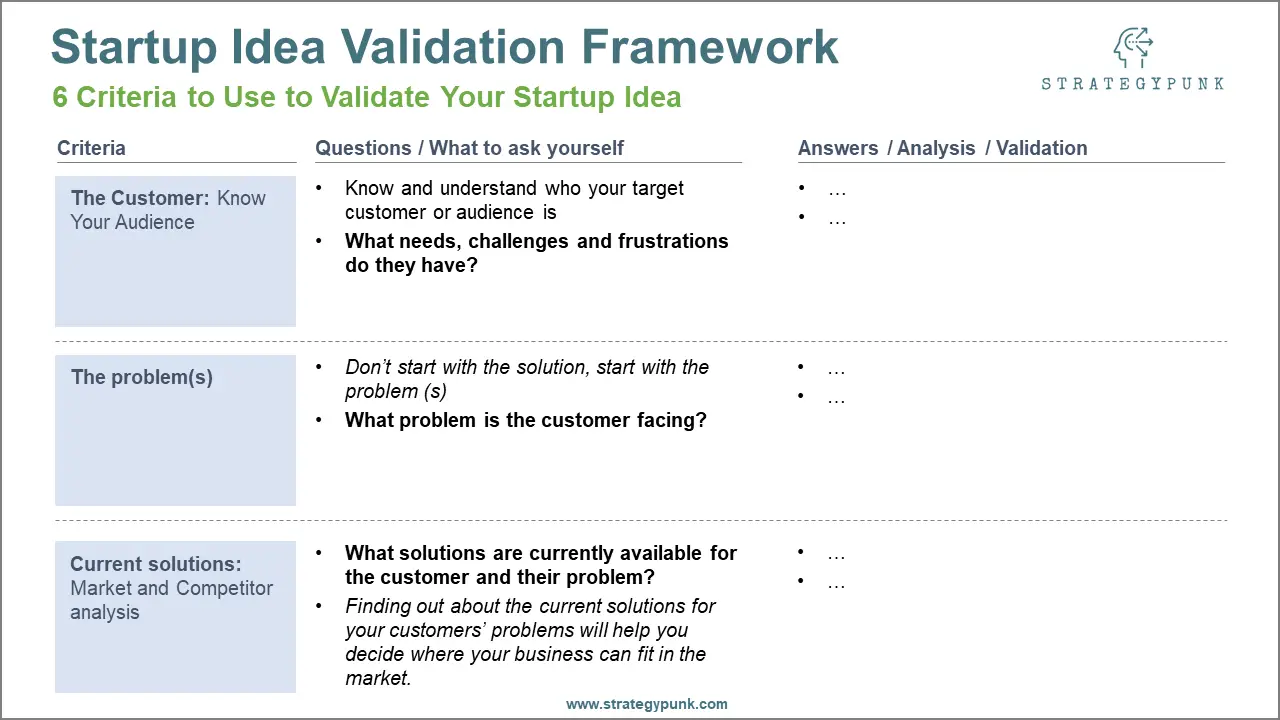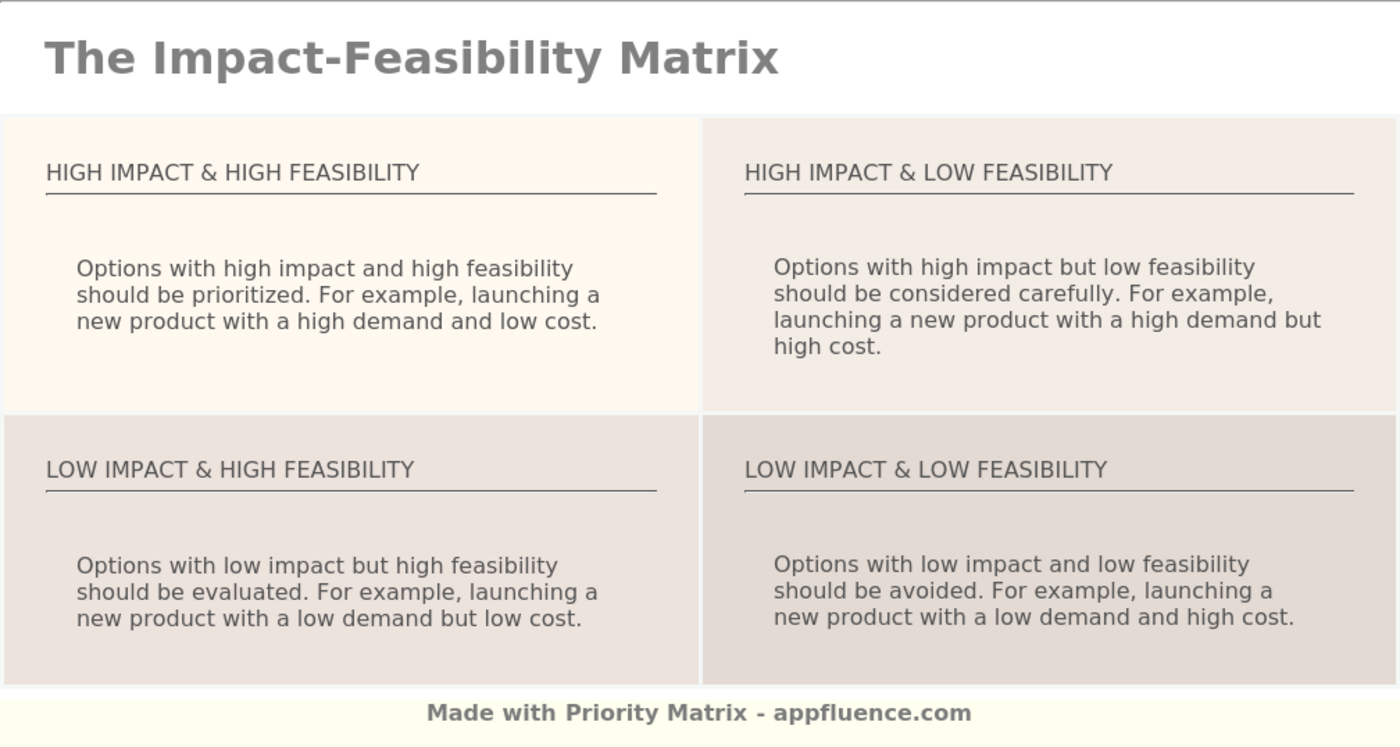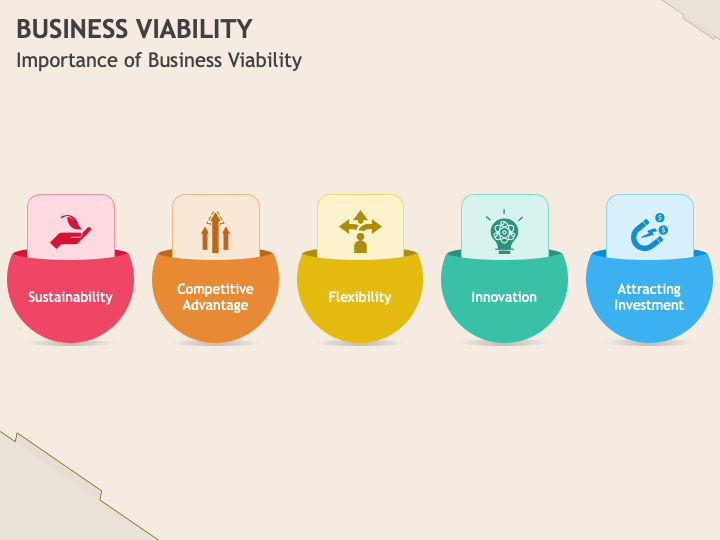How To Assess The Viability Of A Business Idea

Turning an idea into a thriving business requires more than just enthusiasm. Rigorous assessment is crucial to determine whether a concept holds real potential in the market.
This article outlines key steps for evaluating the viability of a business idea, helping aspiring entrepreneurs navigate the complexities of launching a successful venture. It emphasizes practical strategies and research methodologies.
Understanding the Market
Market research is the cornerstone of any viability assessment. It helps to identify the target audience, understand their needs, and gauge the existing competitive landscape.
Begin by defining your ideal customer. Who are they? What are their pain points? Understanding these demographics and psychographics will inform your product development and marketing strategies.
Next, analyze the market size and growth potential. Is there a large enough addressable market to sustain your business? Data from sources like the U.S. Census Bureau or industry-specific reports can provide valuable insights.
Finally, conduct a thorough competitive analysis. Identify your direct and indirect competitors, assess their strengths and weaknesses, and determine how your offering will stand out.
"Understanding your competitors is crucial to carving out a niche for your business," says Maria Rodriguez, a business consultant at Small Business Administration.
Assessing Feasibility
Beyond market demand, you need to determine if your idea is technically and financially feasible. Can you actually create and deliver your product or service?
Evaluate your operational capabilities. Do you have the necessary skills, resources, and infrastructure to execute your business plan? Identify any potential bottlenecks or challenges early on.
Develop a detailed financial model. This should include projected revenue, expenses, and profitability. Consider factors like startup costs, operating expenses, and pricing strategies.
Secure funding options. Explore various funding sources such as bootstrapping, loans, grants, or angel investors. Presenting a well-researched business plan is critical when seeking external funding.
Validating the Idea
Gather feedback. Don't rely solely on your own assumptions. Getting feedback from potential customers is essential for validating your idea.
Consider running a pilot program or creating a minimum viable product (MVP). This allows you to test your concept in a real-world setting and gather valuable feedback before investing heavily.
Use surveys, interviews, and focus groups. Engage directly with your target audience and actively listen to their needs and suggestions. Their insights can significantly improve your product or service.
Analyze the results and iterate based on feedback. Be prepared to adapt and refine your business idea based on the data you collect. Flexibility is key to success in the dynamic business environment.
Considering Legal and Regulatory Factors
Don't forget the legal and regulatory aspects. Ensure that your business complies with all relevant laws and regulations.
Consult with legal and financial professionals. Seeking expert advice can help you avoid costly mistakes and ensure that your business is structured properly.
Understand the permits and licenses required to operate your business. Research local, state, and federal regulations that apply to your industry and business model.
By diligently following these steps, aspiring entrepreneurs can significantly increase their chances of launching a viable and successful business. Remember that thorough research, critical analysis, and adaptability are paramount.
